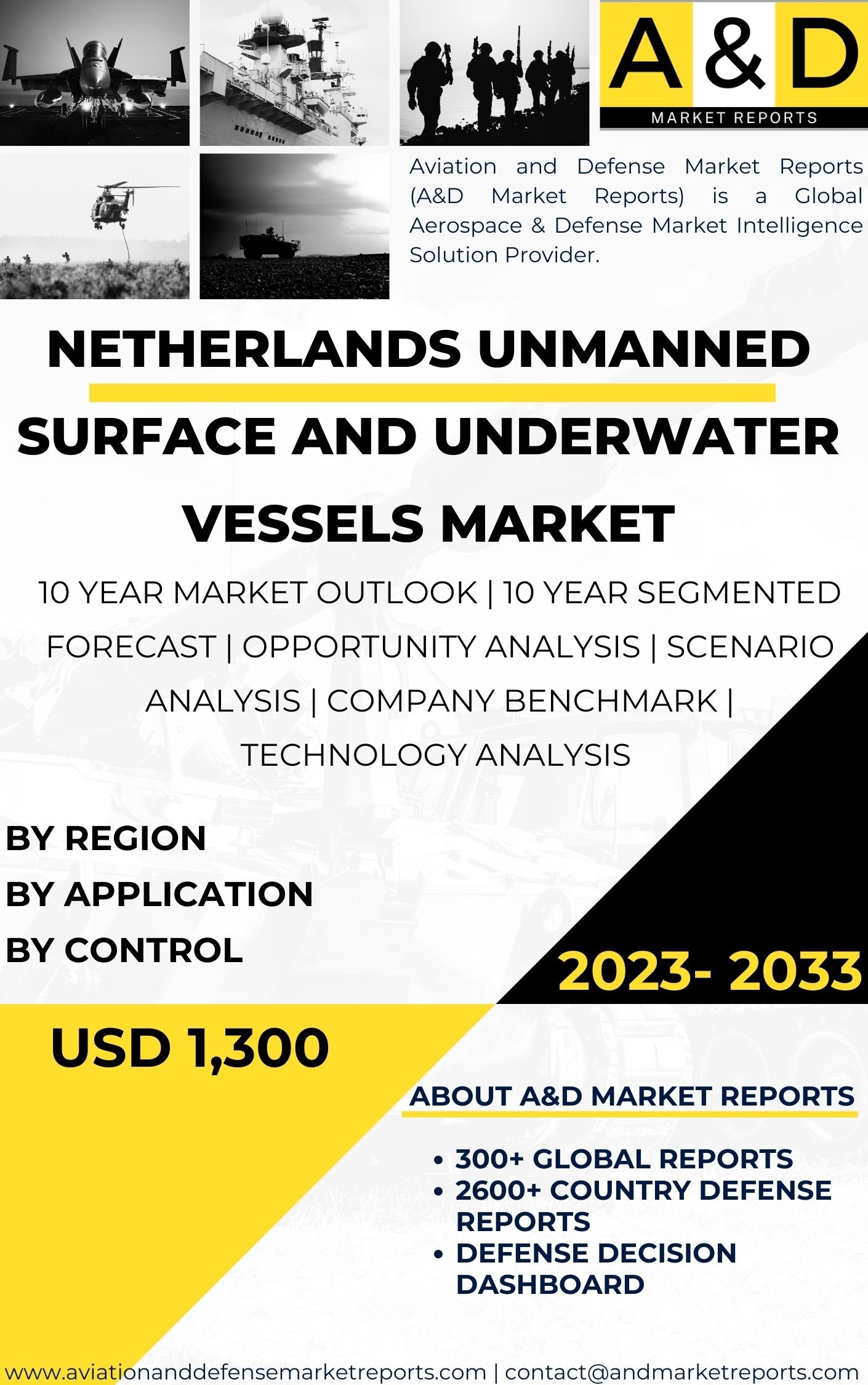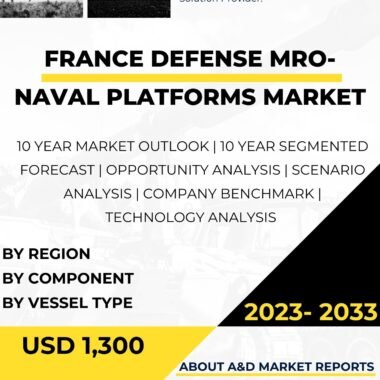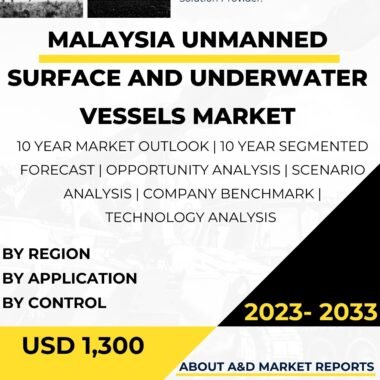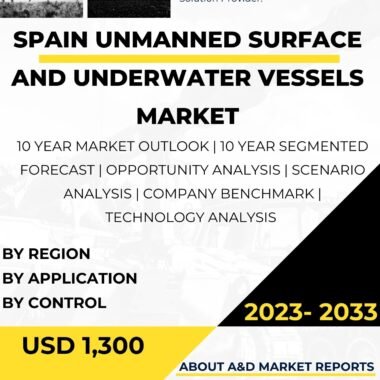Description
Unmanned surface and underwater vessels, also known as unmanned maritime vehicles (UMVs) or marine drones, are autonomous or remotely controlled vessels designed to operate on the surface or underwater without direct human intervention. These unmanned systems are equipped with sensors, cameras, communication systems, and advanced navigational capabilities, enabling them to perform various tasks, including maritime surveillance, reconnaissance, environmental monitoring, underwater exploration, mine countermeasures, and search and rescue operations. In the Netherlands, unmanned maritime vessels play a crucial role in enhancing maritime security, ensuring safety, supporting naval operations, and advancing marine research and exploration.
One of the primary applications of unmanned surface and underwater vessels in the Netherlands is in enhancing maritime security and supporting naval operations. The Royal Netherlands Navy (RNLN) utilizes unmanned maritime vehicles to augment its capabilities in maritime surveillance, reconnaissance, and anti-submarine warfare (ASW) operations. Unmanned surface vessels (USVs) equipped with advanced sensors and communication systems help monitor coastal waters, detect potential threats, and gather real-time situational awareness. Unmanned underwater vessels (UUVs) contribute to ASW efforts by detecting and tracking submarines and underwater threats in challenging environments.
Moreover, the Netherlands Unmanned Surface and Underwater Vessels Market address the requirements of marine research and underwater exploration. Dutch marine research institutions and oceanographic agencies use UMVs to gather data, monitor marine ecosystems, study underwater phenomena, and map the seabed. These unmanned systems provide valuable data for scientific understanding, environmental conservation, and natural resource management.
Additionally, unmanned surface and underwater vessels in the Netherlands focus on providing state-of-the-art technology and improved capabilities. The Dutch defense industry collaborates with UMV manufacturers, technology companies, and research institutions to explore advancements in autonomous navigation, obstacle detection and avoidance, artificial intelligence, and communication protocols. These collaborations drive improvements in unmanned vessel endurance, payload capacity, data processing capabilities, and overall operational reliability, positioning the Netherlands at the forefront of unmanned maritime technologies.
The export potential of the Netherlands Unmanned Surface and Underwater Vessels Market is also significant. The country’s reputation for high-quality defense products and its expertise in UMV technologies have generated interest from other nations seeking to enhance their own maritime security and marine research capabilities. Exporting unmanned maritime vessels and expertise not only supports the Dutch defense industry but also fosters international cooperation and strengthens defense and research ties with partner countries.
Challenges in the Netherlands Unmanned Surface and Underwater Vessels Market include the need to address evolving maritime requirements and technological advancements. As maritime security threats evolve, and the demand for unmanned systems with increased autonomy and adaptability grows, the Dutch defense industry must continually innovate and invest in advanced UMV technologies to meet the demands of future naval and marine applications.
Additionally, the Netherlands Unmanned Surface and Underwater Vessels Market must focus on the development of comprehensive training programs for operators and maintenance personnel. Effective training for UMV operators is crucial for optimizing their use, ensuring safe operations, and maximizing the benefits of unmanned maritime vessel capabilities.
Furthermore, the Netherlands Unmanned Surface and Underwater Vessels Market must consider the challenge of resource optimization and cost competitiveness. Developing and maintaining a fleet of unmanned maritime vessels involves significant investments, and ensuring cost-effectiveness and efficient use of resources is essential for maximizing the benefits of UMV capabilities.
In conclusion, while there might not be publicly available specific data on a separate “Netherlands Unmanned Surface and Underwater Vessels Market,” the broader context of unmanned surface and underwater vessels in the Netherlands is of paramount importance for enhancing maritime security, marine research, and underwater exploration. Unmanned maritime vessels provide critical capabilities for enhancing maritime surveillance, reconnaissance, and environmental monitoring, enabling the Dutch military and marine research institutions to maintain readiness, increase efficiency, and reduce risks to personnel. The Netherlands’ focus on UMV technology and innovation demonstrates its dedication to providing the highest level of operational effectiveness and support capabilities. Collaborations with UMV manufacturers, technology companies, and research institutions, export opportunities, and a dedication to innovation have positioned the Netherlands as a key player in the global Unmanned Surface and Underwater Vessels Market. As the Dutch defense industry continues to invest in research and development, advancements in unmanned maritime technologies will be essential to optimizing capabilities and maintaining the Netherlands’ leadership in unmanned marine systems and defense technology.




